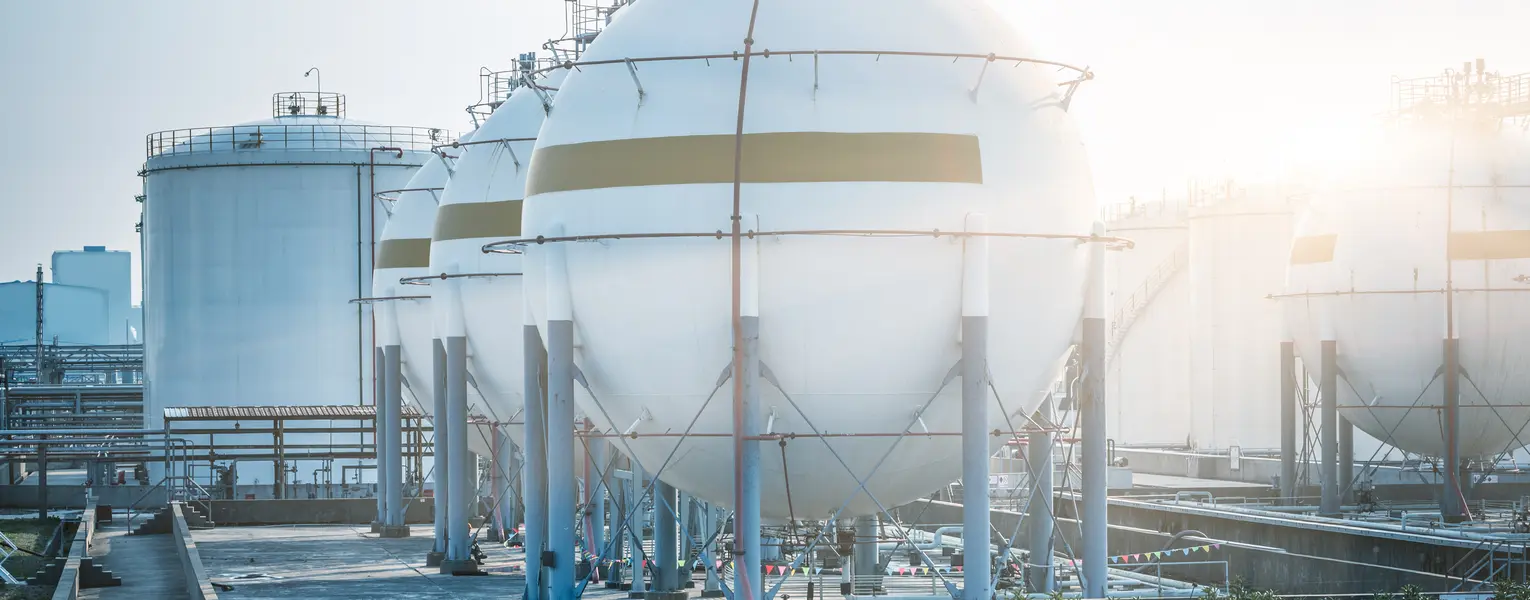Compressor design optimization focuses on reducing entropy-generated losses and achieving an optimum Mach number at each inlet stage. The mechanical design of the compressor relies on calculation of relative gas velocity, temperature rise and flow rate for the state-to-stage geometry and material selection. Effective design requires prediction of gas density, compressibility, speed of sound, and specific heats. While a large body of work is available comparing the results from various equation-of-state (EOS) models, little to no data is available to verify the results from the various EOS calculations for the ranges of pressures, temperatures and gas compositions relevant to compressor and pipeline operations. Accurate gas property prediction is a necessary component for proper design, improving overall efficiency, making accurate predictions, and reducing operating costs.
Southwest Research Institute (SwRI) has developed high-accuracy test methods for density, speed of sound, and specific heat determinations to enable compressor and turbomachinery designs for a wide range of operating conditions, including the high pressure, supercritical regime. Based on these measured properties, accurate enthalpy and entropy can be determined using SwRI calculated derivations.
The Institute performs high-pressure gas property testing using specialized anti-corrosion, high pressure, SwRI-designed test fixtures to meet the low uncertainty requirements of gas property testing campaigns. All test instrumentation is maintained and calibrated over the expected range of conditions prior to the test. The test fixtures and SwRI test facilities are capable of handing hydrocarbon, high CO2 and high H2S (acid gas) mixtures. On site SwRI testing can also provide gas species analysis at particular temperature and pressure points to verify the two-phase region and liquid/gas content determination.
Current Capabilities
- Density (compressibility factor), speed of sound, dew point, and specific heat at constant volume (Cv)
- Stable gas mixtures including CO2, hydrocarbons, combustibles, non-combustibles, and acid gas blends
- 0-11,000 psi pressure range
- Ambient to 450°F temperature range
- Gas sampling and species determination near critical point (gas chromatography)
- Determination of liquid formation
To contract with SwRI, please contact the Machinery Services Hotline at +1 210 522 3000.
For more information, contact Brandon L. Ridens or call +1 210 522 3459.

